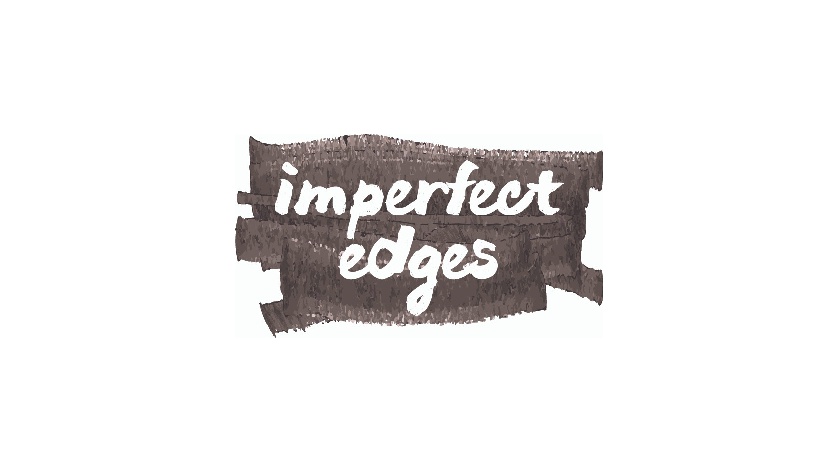“Well I just don’t want to give up on him.”
“I’ve already invested so much into this relationship.”
“She has a good heart under all that. She just needs understanding.”
“He’s never really been loved. I’ll be the one to show him what it feels like.”
“I just want to love everybody where they’re at on their own journeys.”
“He’s not perfect, but none of us are.”
Unconditional love. It’s a weird thing – loving someone wholly, the good, bad, and ugly. It sounds admirable doesn’t it? And it is. I mean, if you can really love everybody exactly as they are showing up, then you have come a long way on the personal development train.
However, this gets dangerous. Because sometimes we throw out the term “unconditional love” as an excuse to remain in an abusive relationship (with a lover, friend, or family member). But if one party is constantly getting hurt and disrespected, that is not actually love. That is accepting the unacceptable. And that is not loving YOU, dear one.
Why do we do this? Why do we allow ourselves to be run over in the name of love? People continue to allow parents, spouses, friends, and even jobs to berate, neglect, or flat-out abuse them for years. Societal opinion doesn’t help us out too much with this one. As a culture, we’ve mistaken self-sacrifice for heroism.
We celebrate people who stay married and pity people who get divorced.
We praise martyr-ish behavior rather than supporting those who say “no.”
We commend those who are “selfless” and condemn those who are “selfish.”
But in many cases, that attitude is wrong. Sticking by someone who disrespects or mistreats you is quite detrimental. Hanging in there, gritting your teeth, grinning and bearing, digging your claws in, swallowing your words… that’s not love. Love should feel like freedom. And those things don’t.
So where does the “unconditional” piece come in? Can you tell someone to piss off leave a relationship and still continue loving the other person? Of course. Try these on for size:
“I love you. From over here.”
“I love you. And I do not accept your behavior.”
“I love you. And I love myself enough to not let you hurt me anymore.”
“I love you. Goodbye.”
See? They work, don’t they?
Love yourself first. Then others will see how to love you too.
Related Posts:
